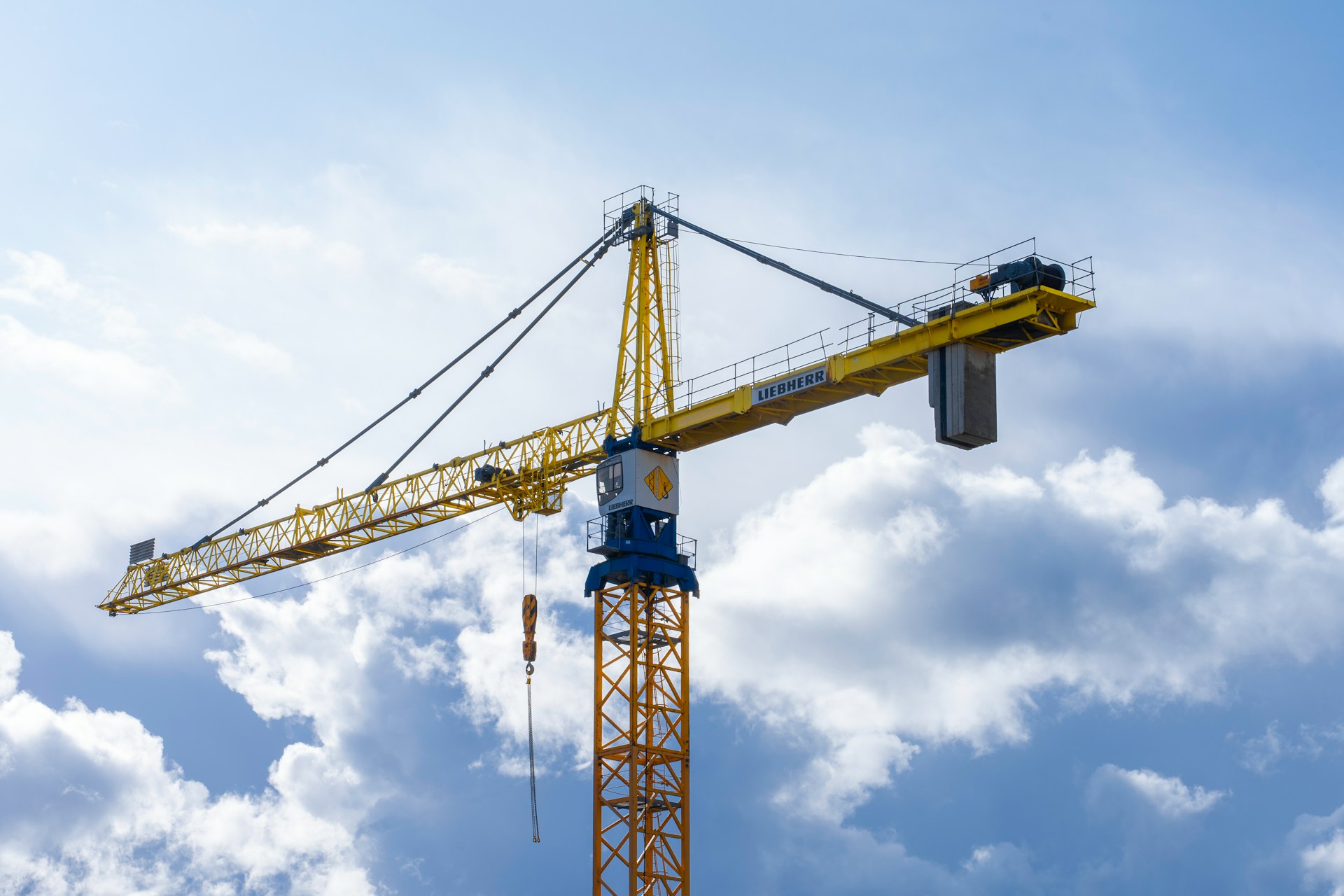
The UK construction market is set to reach £476.6bn by 2027. Unquestionably, the industry is undergoing a lot of transformation, shaped by technological advancements, socio-economic and political factors, environmental concerns, and changing consumer demands.
For small and medium-sized construction businesses, it is crucial to stay up to date with these trends in order to remain competitive in a rapidly changing and competitive landscape.
Here are four key trends to keep an eye on.
Payment systems go digital
According to UK Finance, half of all payments in the UK are made by debit or credit card. In an industry that traditionally depended on cash, the post-Covid-19 era made digital payments, even in the construction industry, more of the norm.
With more and more buyers asking to pay via credit card, construction industry players need to adapt and offer their customers a cashless alternative.
One of the most popular solutions for SME construction businesses is to invest in a portable card machine that they can use on the go. This way, they can accept payments immediately, without having to wait for bank transfers or have the inconvenience of transferring large amounts of cash to their bank account.
Building Information Modelling (BIM)
Building Information Modelling (BIM) is one of the key trends shaping the future of construction. It’s a digital process that enables architects, engineers and contractors to collaborate, plan, design and manage their construction projects.
As BIM software becomes even more sophisticated with the inclusion of AI and VR elements, small businesses that invest in the latest BIM technology can now compete with their larger counterparts.
Not only can they deliver high-quality results that can be visualised in real time, but also compete with them in terms of budget and project timeline.
Sustainable construction
In an era where consumers are becoming more environmentally conscious, sustainability is a core value and trend at the forefront of the future of construction.
From green buildings to more energy-efficient designs, sustainability is no longer a buzzword, but a necessary core practice. The UK green building market reported a total revenue of £4.7bn (US$6bn) in 2022, an annual growth rate of 3.3% from 2017.
Sustainability practices include incorporating renewable energy considerations before starting a project when:
- Building new projects;
- Opting for recycled building materials;
- Reducing building waste;
- Conducting studies on local wildlife and ecosystems.
Embracing such practices is not only beneficial to the environment, but also reduces costs and increases market appeal in the long term.
Modular and prefabricated construction
In response to tighter deadlines and faster turnarounds, modular and prefabricated construction techniques have exploded in popularity.
They’re undoubtedly one of the construction industry trends quickly gaining steam. In fact, the global prefabricated construction sector is projected to reach £210bn (US$269bn) by 2032.
These off-site manufacturing methods can be very beneficial for SME construction businesses. They enable them to remain competitive by reducing construction time, improving the cost-effectiveness of the project, catering to a wide range of customers and accelerating turnarounds.
The bottom line
The global construction market is on the cusp of major changes. From a technological revolution to an increase in environmental awareness, small businesses need to stay up-to-date with all these changes if they want to stay one step ahead of their direct competitors and start competing with larger construction businesses.





